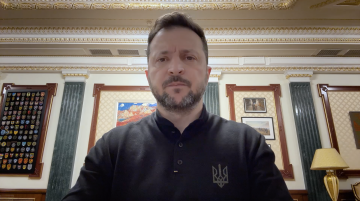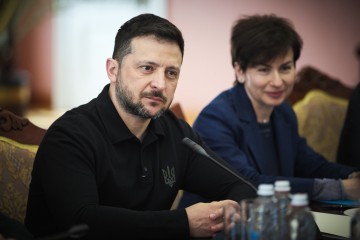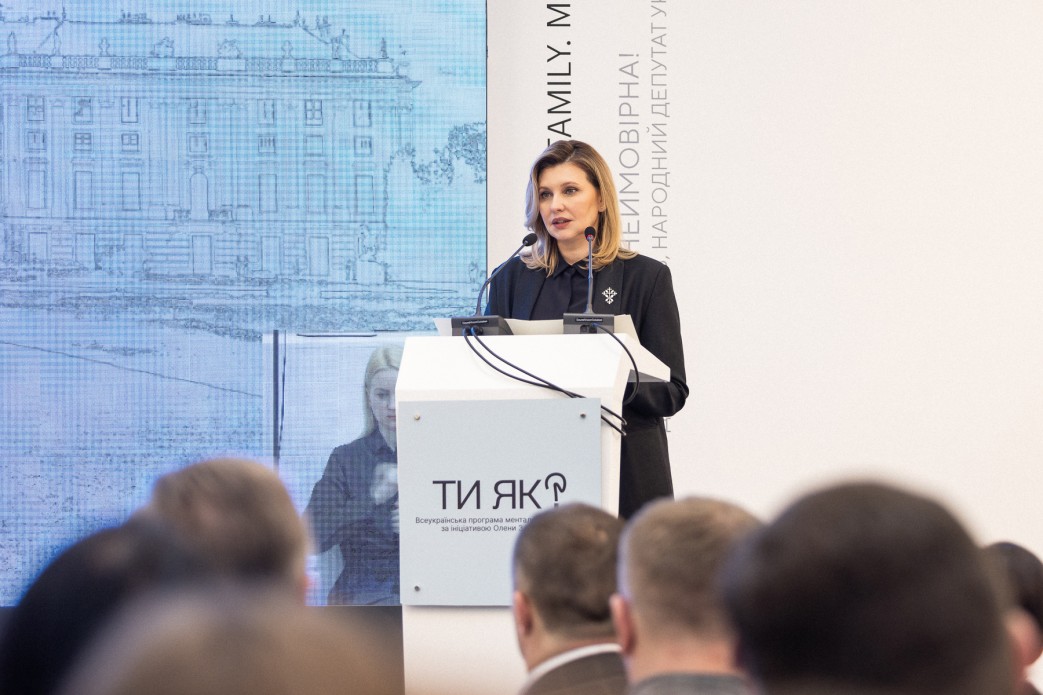First Lady of Ukraine Olena Zelenska met with representatives from the higher education community – rectors, prorectors, and student government leaders – from universities that are implementing the “How Are You?” nationwide mental health initiative. This community represents 30 universities – half of which train social work professionals, and nearly 90% train psychologists.
 "Whenever I visit universities abroad, I speak with joy and pride about Ukrainian education," Olena Zelenska said. "In a country living through war, education is a testament that life goes on. It’s a feeling that the future is still possible – and that it can hold something more than just war.”
"Whenever I visit universities abroad, I speak with joy and pride about Ukrainian education," Olena Zelenska said. "In a country living through war, education is a testament that life goes on. It’s a feeling that the future is still possible – and that it can hold something more than just war.”
Today, Ukraine’s higher education institutions bring together up to a million students and around 100,000 faculty and research staff. More than 30 universities have had to relocate to other cities due to Russian aggression.
“A university becomes an environment where, like pieces in a freshly opened puzzle box, very different experiences are all mixed together,” the First Lady emphasized. “Those experiences can either clash – if we don’t take care to foster healthy, respectful interaction – or they can help one another heal, becoming a source of strength and a place where resilience is nurtured.”
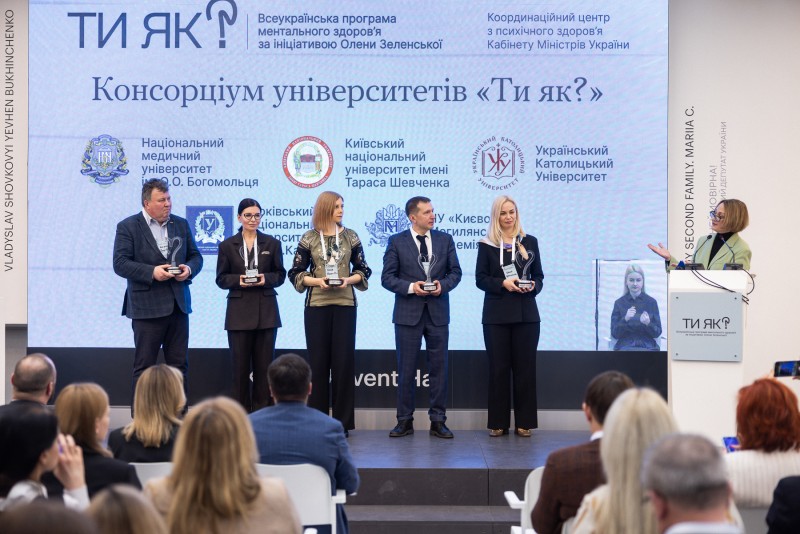 In February, the “How Are You?” program conducted a survey among faculty and students at 29 higher education institutions. Nearly one in three faculty members showed signs of hidden burnout. Sixteen percent exhibited burnout symptoms such as emotional detachment, cynicism, and disillusionment. Another 18% reported a tendency to avoid work tasks, procrastinate, and a loss of motivation. Only 35% felt they were able to manage stress. Among students, the survey revealed that about 52% required some level of psychological intervention.
In February, the “How Are You?” program conducted a survey among faculty and students at 29 higher education institutions. Nearly one in three faculty members showed signs of hidden burnout. Sixteen percent exhibited burnout symptoms such as emotional detachment, cynicism, and disillusionment. Another 18% reported a tendency to avoid work tasks, procrastinate, and a loss of motivation. Only 35% felt they were able to manage stress. Among students, the survey revealed that about 52% required some level of psychological intervention.
Meeting participants emphasized the importance of continuing to expand psychological support in higher education institutions. Currently, 97% of universities already have functioning psychological services. Many host mental health centers, interactive self-care spaces, youth centers, student development centers, coworking spaces, as well as psychological workshops, support groups, art therapy sessions, creative clubs, and more.
As part of the “How Are You?” initiative, large-scale training programs are being rolled out. Sixty university trainers have been certified under the WHO’s Self-Help Plus program, 52 higher education professionals have completed training at the Mental Health Academy, and 20 university advisors have acquired psychological first aid skills. Universities are also becoming platforms for sharing experience.
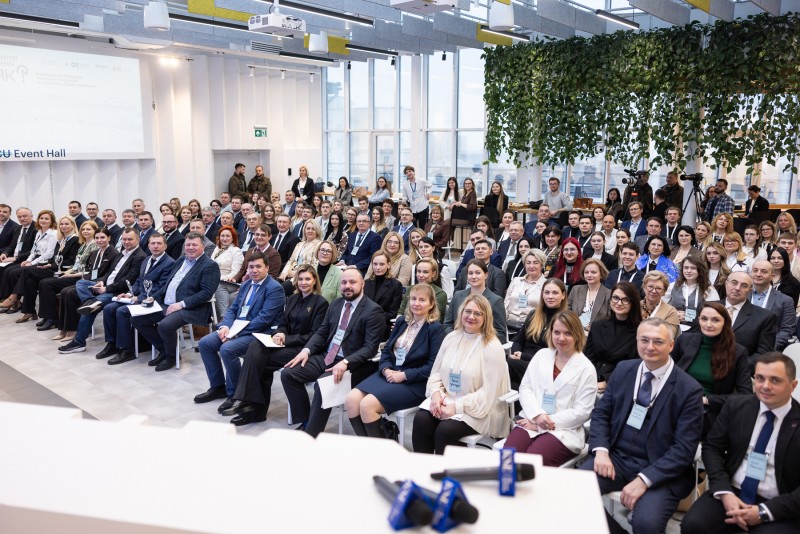 “A university isn’t just about professional training. It’s a space that provides mental health services and psychosocial support – a place where resilience is nurtured in both faculty and students,” noted Oksana Zbitnieva, head of the Cabinet of Ministers’ Coordination Center for Mental Health. “Self-care skills and mental health education should be integral parts of preparing professionals in any field.”
“A university isn’t just about professional training. It’s a space that provides mental health services and psychosocial support – a place where resilience is nurtured in both faculty and students,” noted Oksana Zbitnieva, head of the Cabinet of Ministers’ Coordination Center for Mental Health. “Self-care skills and mental health education should be integral parts of preparing professionals in any field.”
Thousands of specialists are already being integrated into the mental health support system, learning foundational support skills. This includes family doctors, nurses, teachers, social workers, school counselors, and career advisors.
During the event, five universities were recognized by the nationwide mental health program “How Are You?” and announced the formation of a consortium. Its founding members include Taras Shevchenko National University of Kyiv, V. N. Karazin Kharkiv National University, the National University of Kyiv-Mohyla Academy, Bogomolets National Medical University, and the Ukrainian Catholic University. The higher education institutions are joining forces to develop a new research cluster aligned with modern approaches to mental health.


